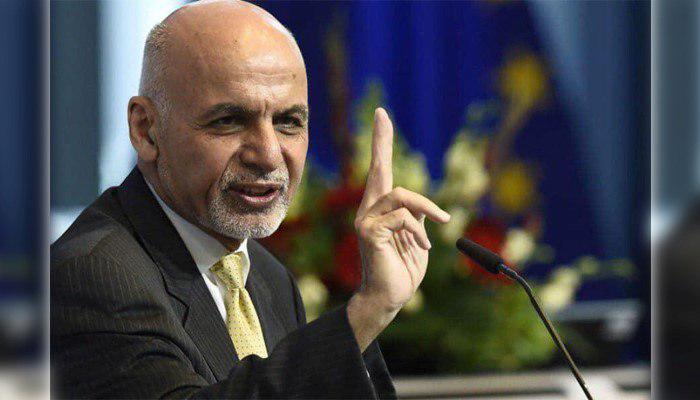The Afghan government has developed a seven-point peace plan ahead of reopening of Afghan peace talks that will take place in Beijing, China. The plan proposes the United States to develop a joint mechanism on counter-terrorism strategy for the post withdrawal phase. This seven-point peace plan proposes that ceasefire should be precondition for peace talks and an inclusive 15-member negotiation team should open direct talks with Taliban when the foreign forces pull out from the country. “Afghanistan needs to get guarantee that Pakistan will not continue to harbor terrorists and foster terrorism,” point no 4 of the plan read.
On Tuesday, October 29, the Afghan National Security Adviser Hamdullah Mohib clearly said that peace negotiations will never bear result if Pakistan does not stop harboring Taliban militancy.
Though the Taliban militants have been reluctant to open direct talks with the Afghan government, the Kabul administration now looks determined to open talks with the insurgent group.
Some analysts of Afghan politics, however, are of the opinion that the seven-point peace plan by the Afghan government offers nothing new.
Omar Sadr, a lecturer at the American University of Afghanistan, says the mechanisms proposed by the plan makes peace issue more complex. “President Ghani’s [peace] plan is in contradiction to the current process and he wants to bring the process under control of the Afghan government,” he argued. The Afghan peace process is led by Washington and the regional countries talk to the US, not the Afghan government, Sadar underlined.
“President Ghani’s [peace] plan is in contradiction to the current process and he wants to bring the process under control of the Afghan government,”
Tamim Asi, a former defense deputy minister, says the National Unity Government is facing lack of legitimacy and the elections result is not yet clear. “This plan is not practical and the incumbent government, plunged in swamp of crisis, is not capable of implementing it,” he argued.
Point no 4 and 5 of the peace plan focus on consensus building with regional and international partners. “We aim to engage the European Union, European countries, the United Nations, the World Bank, and others throughout the peace process,” point 5 of the plan reads.
Thomas Ruttig, senior analyst at the Afghan National Analyst Network (ANA), says it is a good move by the Afghan government to take peace initiative. “The Afghan government is a main warring party, so, it should be a negotiating party in the process,” he noted.
“The Afghan government is a main warring party, so, it should be a negotiating party in the process,”
“To my knowledge, only the United States can do it. From my point of view, the Afghan government should be included in talks, it is the only solution to end the Afghan war,” he asserted.
The Afghan war has multiple external and complex eternal factors. At regional level, regional countries—Russia, China, Pakistan, and Iran— countdown for the pullout US forces from Afghanistan, pushing the Taliban to join the Kabul government, but at national level, the Afghan government along with a number of prominent Afghan politicians see Taliban’s unconditional inclusion in political process as Pakistan’s domination in Kabul.




